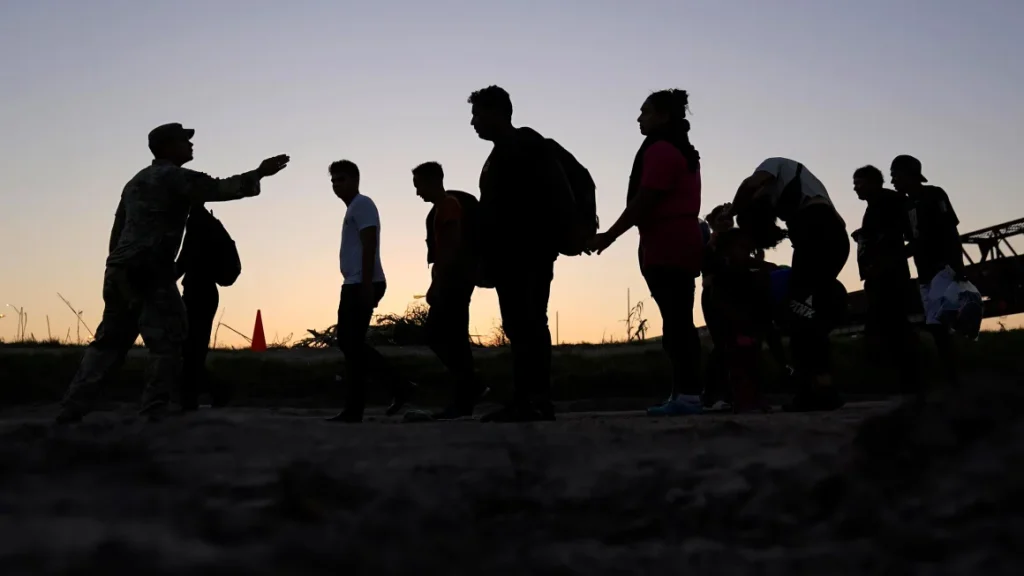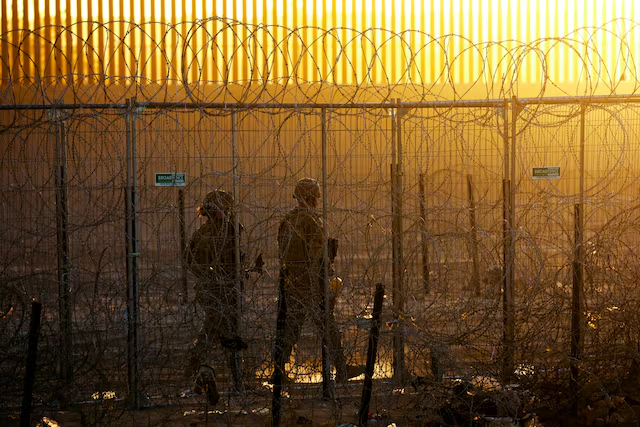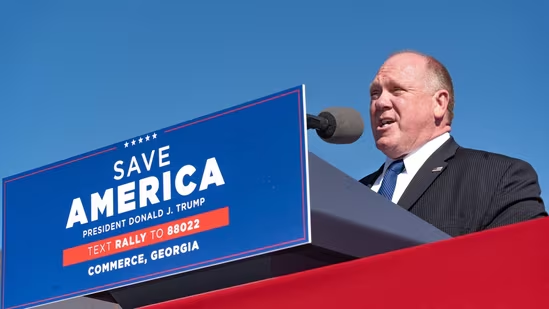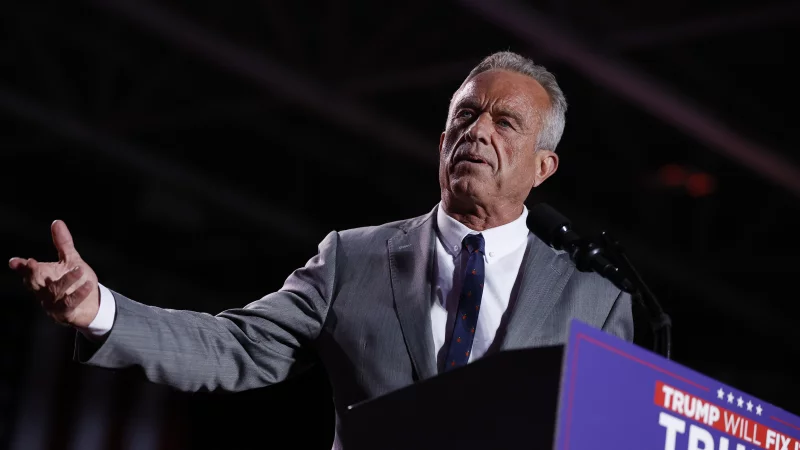Firebrand Gorka Returns to Trump White House in National Security Council Role

In a significant development, Sebastian Gorka, a well-known political commentator and former adviser to President Donald Trump, is returning to the White House in a prominent new role within the National Security Council (NSC).
This move marks a dramatic shift in the administration’s approach to national security policy, with Gorka, a figure often described as a “firebrand,” bringing his aggressive and controversial style back to the heart of the Trump administration.
A History of the Trump Administration
Sebastian Gorka’s return to the White House has stirred mixed reactions. A former deputy assistant to President Trump, Gorka first gained national attention for his hardline stance on counterterrorism and his outspoken views on issues like immigration and Islamic radicalism.
During his time in the administration, Gorka was often seen as a polarizing figure, criticized for his views and his ties to certain right-wing groups.
However, his supporters praised him for his tough approach to national security and his unapologetic support for President Trump’s agenda.
Gorka’s tenure in the Trump administration was brief, as he left the White House in 2017, but his influence in conservative circles has remained strong.
Since his departure, Gorka has continued to be an outspoken figure in media, often appearing on conservative outlets like Fox News, and his commentary has continued to push the narrative of American nationalism and security-first policies. Now, with this new role in the NSC, Gorka is poised to influence national security decisions once again.
The Role of the National Security Council
The National Security Council is a key body within the White House, responsible for advising the President on issues related to national security and foreign policy.
The NSC is made up of high-ranking officials, including the President’s national security adviser, as well as top-level figures from departments such as Defense, State, and Homeland Security.
The council’s role in shaping the administration’s response to global threats is crucial, and its members have significant influence over decisions related to military strategy, intelligence, and diplomacy.
In his new role, Gorka is expected to bring his hawkish views on foreign policy, counterterrorism, and defense to the NSC’s discussions.
He has long been an advocate for aggressive military strategies and has been a vocal critic of international institutions he views as weak or ineffective, such as the United Nations.
Gorka is also a staunch supporter of a tough stance on immigration, arguing for stricter border controls and a more aggressive approach to countering radical Islamist terrorism.
His appointment comes at a time when national security remains a top priority for President Trump, particularly in the wake of rising global tensions with adversaries like China, Russia, and Iran. The return of Gorka signals that the Trump administration may seek to adopt an even more combative stance on these international issues.
What This Means for the Trump Administration
The decision to bring Gorka back into the fold of the Trump White House reflects the President’s commitment to a more hardline, nationalist approach to U.S. foreign policy.
While Gorka’s return may appeal to the President’s base, who have long supported his tough stance on security and immigration, it also raises questions about the direction of U.S. foreign policy under Trump’s leadership.
Gorka’s tenure in the Trump administration was marked by his outspoken support for the America First agenda, which prioritized U.S. sovereignty and security over international cooperation.
His return to the NSC could signal a renewed focus on unilateral action, especially when it comes to dealing with perceived threats from abroad.
His combative approach to foreign policy could also lead to a greater emphasis on military action and less reliance on diplomatic solutions.
Some analysts have expressed concerns that Gorka’s hardline positions could alienate key allies and damage international relations.
His controversial views, especially on Islam and immigration, have been criticized as inflammatory, and his return to a high-ranking position in the White House may reignite concerns about the administration’s approach to diversity and inclusivity.
The Political Impact
Gorka’s reappointment is likely to have significant political ramifications, both domestically and internationally. Within the Republican Party, his return could bolster Trump’s image as a strong, decisive leader who is unafraid to make bold decisions in the face of global challenges.
However, it could also fuel further divisions within the party, as moderate Republicans may take issue with Gorka’s polarizing views and his outspoken style.
For the Democratic Party, Gorka’s return could become a major point of contention in the lead-up to the 2024 election.
Critics of the Trump administration are likely to seize on his reappointment as evidence of the administration’s disregard for diplomacy and international cooperation.
It could also serve as a rallying cry for Democratic candidates who advocate for a more collaborative, multilateral approach to global issues.
On the international stage, Gorka’s reemergence could raise concerns among U.S. allies. His hawkish stance on military intervention and his controversial rhetoric on issues like terrorism could strain relations with countries that prioritize diplomacy and multilateral cooperation.
Allies in Europe, in particular, may view his return as a sign that the U.S. is moving away from the cooperative, consensus-building approach that has defined transatlantic relations for decades.
Sebastian Gorka’s return to the White House as part of the National Security Council is likely to have a profound impact on U.S. foreign policy and national security.
Known for his tough, no-nonsense approach to terrorism, defense, and immigration, Gorka is sure to continue shaping the direction of the Trump administration’s national security strategy.
While his appointment will undoubtedly appeal to Trump’s base, it also raises concerns about the administration’s approach to diplomacy, international alliances, and the treatment of minority communities.
As the 2024 election approaches, Gorka’s reappointment will continue to be a topic of debate, both within the U.S. and around the world. Whether his return to the NSC will strengthen the President’s position or deepen political divisions remains to be seen.






